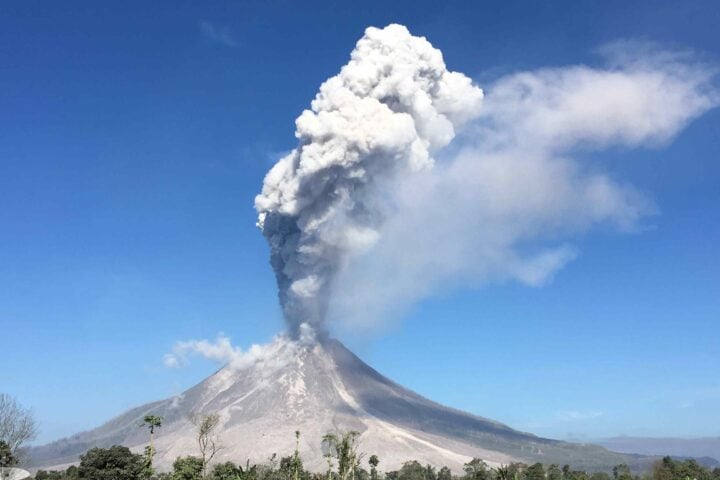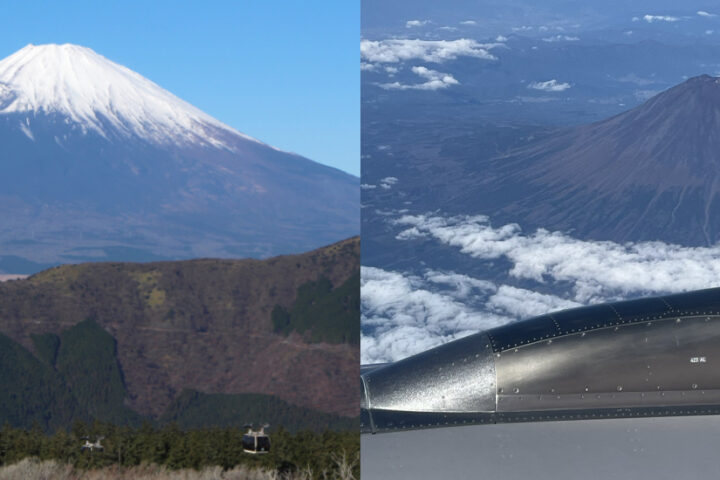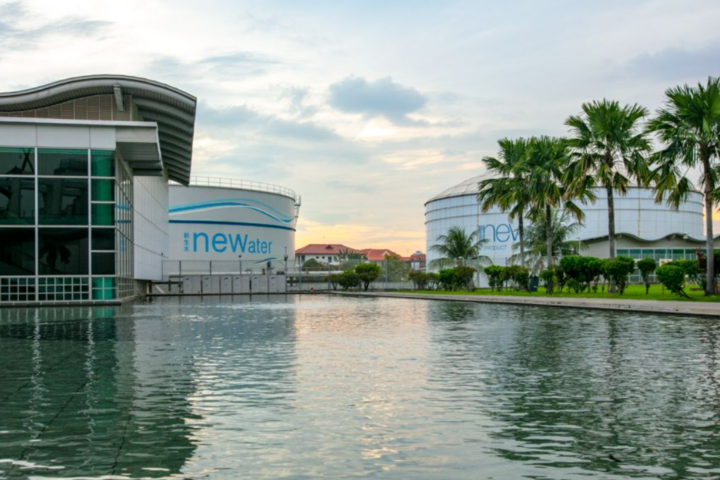In a world grappling with the repercussions of climate change, transcosmos inc. has taken a definitive stride towards environmental conservation. The company recently unveiled two significant green initiatives in Japan, underscoring its commitment to ecological sustainability and carbon neutrality.
On December 9, 2023, transcosmos is set to plant 160 HIKANZAKURA (Taiwan Cherry) and azalea trees across a 4,000㎡ area in Yaese-cho, Okinawa Prefecture, as a part of its carbon neutral program. This initiative follows the tree-planting partner agreement signed with Yaese-cho on October 5, 2023. Yasuhiro Arakaki, the mayor of Yaese-cho, expressed his gratitude for this initiative, “We are delighted that transcosmos plans to plant as many as 140 young Sakura trees… Reducing CO2 is important, but not only that, we sincerely appreciate that transcosmos will make flowers bloom in the park.”
Notably, Hirofumi Inoue, Corporate Senior Officer at transcosmos inc., reflected on the company’s long-standing relationship with Okinawa and emphasized the project’s environmental significance. “160 trees are not enough. Still, we are committed to protecting the global environment and deliver results taking years with your support,” he commented.
Parallelly, transcosmos has embarked on a forest conservation venture in Wakayama Prefecture, marking its participation in the Corporate Forest project. This initiative, primarily involving forest thinning, aims to enhance CO2 absorption, with an expectation to absorb 31 tons of CO2 in a 2.27 ha forest area starting from 2024.
During the signing ceremony for this project, Shuhei Kishimoto, Governor of Wakayama Prefecture, acknowledged the company’s contribution, stating, “We feel an affinity with the company… Thank you for your continued support and a close collaboration towards the same goal.” Similarly, Masataka Nakayama, Mayor of Aridagawa town, highlighted the project’s significance for local forest conservation.
Similar Posts
Kenshi Matsubara, Director & Vice President at transcosmos, also underscored the company’s commitment to environmental stewardship. “It is our great honor to engage in the forest thinning project in Aridagawa town… We will contribute to the town of Aridagawa in both environmental and commrounity activities,” he affirmed.
These initiatives by transcosmos inc. are not isolated CSR activities but align with a broader, global narrative of environmental sustainability. They reflect a corporate acknowledgment of the critical state of our natural environments and an understanding of the urgent, collective action required to mitigate ecological degradation.
However, these projects also invite critical reflection. While they are commendable, the question arises whether such initiatives are scalable and replicable across other corporate structures. Furthermore, the effectiveness and long-term impact of these projects remain to be seen, necessitating continuous monitoring and assessment.
In conclusion, transcosmos inc.’s environmental projects in Japan signify a positive step towards corporate environmental responsibility. Yet, they also serve as a reminder of the extensive, sustained efforts still required to forge a path to a greener, more sustainable future. The initiatives prompt us to ponder on the collective action needed, not just in the realm of corporate responsibility but across all sectors of society, to effectively combat the looming environmental crisis.
















